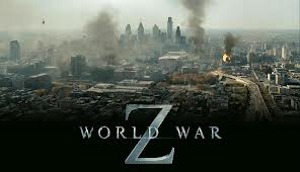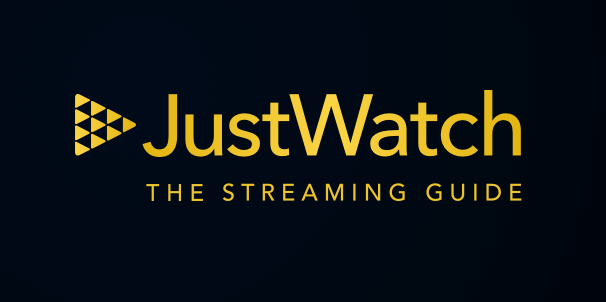Creating grounded science fiction can be a labor of love and an ode to empowerment—something sci-fi director Cidney Hue epitomizes with her work, both on and off the set. Hue’s most recent award-winning film, OVUM, is a Black Mirror style short on the convergence of reproductive rights and VR technology. Her previous award-winning short, ODESSA, recounts the journey of an astronaut’s last night on Earth. Her web series, CYBORG NATION, profiles scientists at the forefront of prosthetics, robotics, and brain-computer interfaces.
Hue spoke with Recursor recently about her background in sci-fi, teaching, and supporting women in the film industry.
RECURSOR: How did you become interested in science fiction?
HUE: Ever since I was little, I watched SAILOR MOON and was interested in space. I wanted to be an astronaut. And then I learned the cold realities of being an astronaut, and I thought, you know what? Moviemaking sounds like it would be more suited for what I want to do with space and the stories and worlds I wanted to explore.
It’s nice to hear a mention of SAILOR MOON. What other anime have influenced your work?
Yes! SAILOR MOON was the absolute biggest because it focuses on women kicking butt in space. And to this day, these are the stories I want to tell and the stories I’m drawn to.
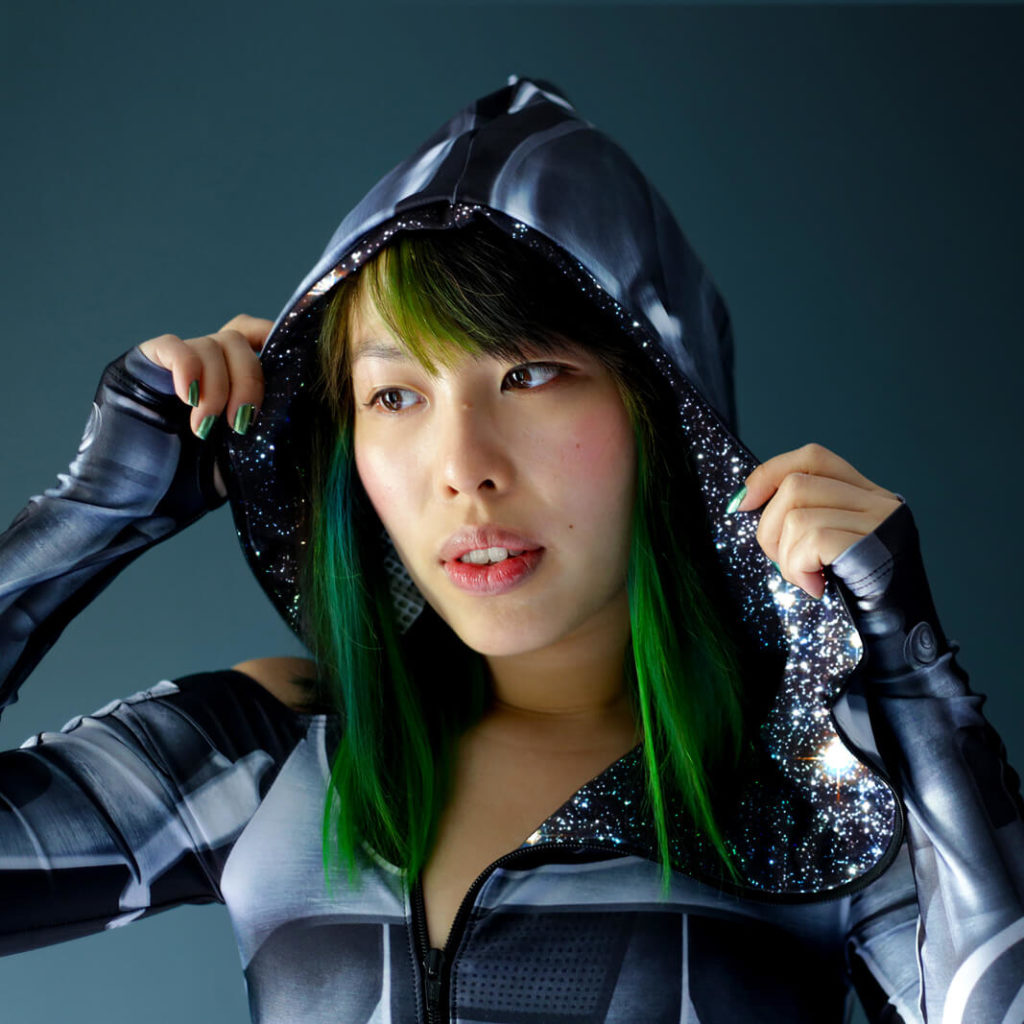
I love tons of different types of anime, and anime really pioneered science fiction as a genre. If you think about AKIRA and GHOST IN THE SHELL, those are seminal works that transformed our understanding. And you see that influence bleed into live action science fiction films being produced even today.
One anime I like to bring up because it’s not mentioned that much is REVOLUTIONARY GIRL UTENA. It’s a really interesting anime series that broke some gender norms, way ahead of its time. It’s esoteric and surreal, and I found it captivating when I was young. I thought, Oh wow, stories can really change our minds, and they don’t have to conform to a mainstream narrative structure.
How did you become interested in filmmaking?
Ever since I was little, I drew and was an artist. I wanted a career in the arts and wasn’t sure what my prospects would be. When I discovered filmmaking in high school, I started to realize that all these images and content I was ingesting had a real, profound influence on me. And I was really curious, so I took a continuing education filmmaking course. It was honestly just so magical that I didn’t stop. I knew I had to go to filmmaking school, so I applied to NYU.
I think I was so attracted to the medium because it combines all these different arts. There are so many aspects to making a film, and whatever appeals to you, there is a position and a job for you. I felt like, as an artist who could never decide what type of art I wanted to pursue, filmmaking allowed me to pursue them all.
What has it been like to create indie films?
It has been challenging, to say the least, but also really inspiring at the end of the day. There is no better time than right now to be able to make films. The technology and the tools have been democratized for the masses. Anyone can pick up a cell phone or camera and make films in a way that really wasn’t possible ten or twenty years ago. I am constantly inspired by the ways that people all over the world can tell their stories, no matter the budget and the medium.
What are the challenges you’ve faced in indie sci-fi filmmaking?
Budget is a huge issue when you’re talking about building worlds and all the VFX that is needed for certain stories. A lot of the constraints I have faced is trying to think about how to tell a story without all of those high cost elements. I feel like I’m slowly, step by step, working toward more interstellar space stories that I want to tell. But I have to start somewhere. So right now, I’m working within the budgetary constraints and telling these grounded, low-fi, sci-fi stories. And then the dream, of course, would be to tell stories on the STAR WARS, STAR TREK level.
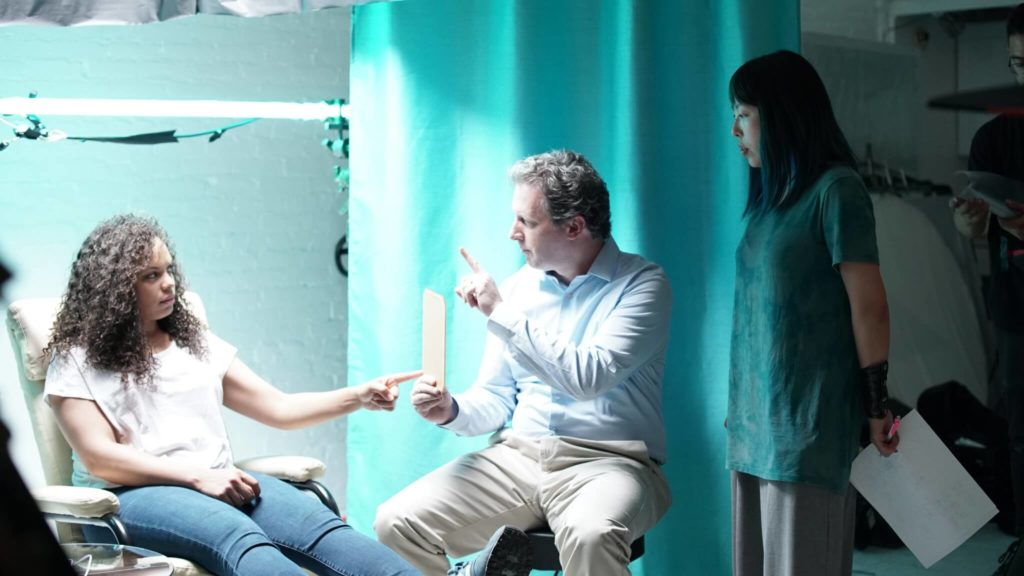
The challenges, I think, are a lot of the times creative, because at the end of the day, you have to work with what you’ve got. If you don’t have the money to do a hundred VFX shots, then you have to figure out how to tell a story without those VFX shots. And that’s very much what OVUM and ODESSA are a product of — those budgetary and creative constraints.
How do you bring grounded science into a sci-fi film script like OVUM?
One thing I like to do for my scripts is I always do tons of research. It may not always be apparent in the final product, but there’s a lot of real-world science that has been researched and meticulously thought through, because the hard science fiction I’m interested in portraying ties in with our real world realities.
For OVUM, a lot of that [science and real-world element] came from the existing laws and legal rights, and then also potentially future technologies and their possibilities and how they could be used to influence people in the near future.
You started a nonprofit, NYC Women Filmmakers, in 2015 to help create opportunities to women filmmakers. Tell us about it.
I had been working in commercial productions in New York for a while, and I was really frustrated at the lack of women I was meeting on set. I felt like, “Where are all the women? I really want to work with women.” So I started a meetup. That first meetup, twenty people came. And we just chatted and shared our experiences.
After a few months of running it, I felt like maybe there was a lot we could share with one another through workshops. We’ve been doing that ever since.
Now, we have about 5,000-plus members in our online community and more than 12 events every year. We’re partnering with tons of organizations and companies around New York City to bring more opportunities for women and nonbinary filmmakers. It’s been a really great lesson in the benefits of building community.
What future plans do you have for NYC Women Filmmakers?
Our biggest goal for 2020 and upcoming years is really to expand opportunities for entry level and mid-career women filmmakers in the New York City area. We want to leverage our community to bring more opportunities in terms of higher level jobs, training, and partnership, so women don’t get stuck at that mid-career level. We’re hoping to see what we can do to address that plateau and we can keep raising others up so that they can raise each other up.
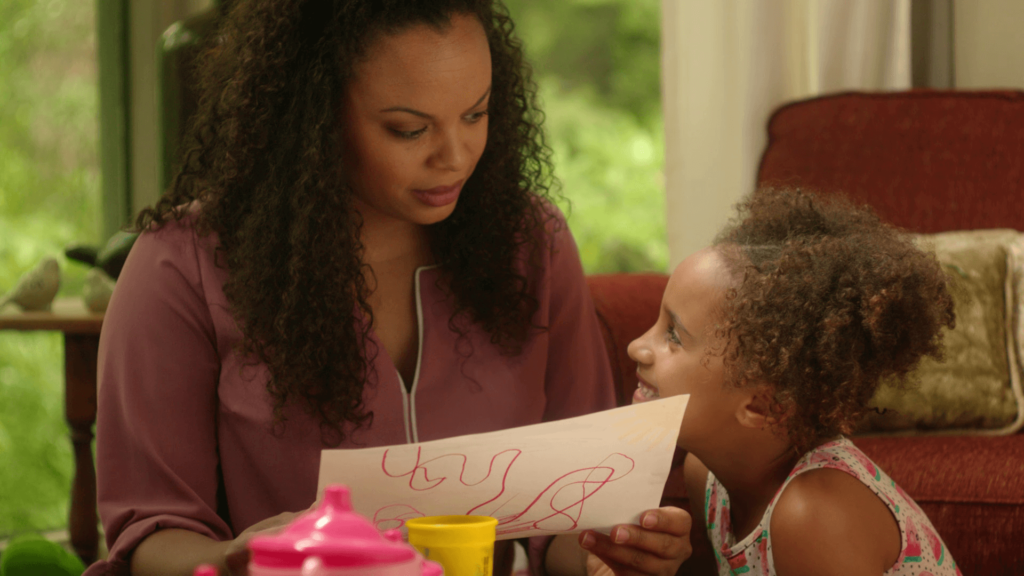
You’ve done that in your own work—bringing in underrepresented voices.
With OVUM, I really tried hard to practice what I preach. I made sure to hire at least 50% women in leadership roles. In fact, it went beyond 50% at the end of the day if you include all the post-production key roles as well. And I felt that really added another layer to the film. More perspectives. The diversity of perspectives is really important, and I believe it make a better film.
What would you say to those who want to do the same?
I would encourage anyone out there thinking, “How can I help to even the playing field?” I would say to hear out those people who might not have a chance, and give opportunities to people who need a leg up. It’s a really untapped market of all these underrepresented filmmakers who are just looking for a chance to prove themselves and show their skills. And I highly implore people to take a look at not only who’s in front of the camera but who’s behind the camera, and see what they can do on their project to achieve parity and intersectionality.
Cidney Hue is a sci-fi director and filmmaker in NYC with a focus on women, environmental issues, and science-driven projects. Her award-winning films and popular series work include Ovum, Odessa, Cyborg Nation, and Shark Loves the Amazon. Throughout her career, she has directed and designed content for United Airlines, NASA JPL, Condé Nast, Endeavor Content, Scholastic, Imagine Science, and more. Cidney also serves as the Director of 360 Video at NSENA and has traveled across the US to film VR for law enforcement and corrections training. She teaches filmmaking at NYU’s prestigious Tisch School of the Arts. Cidney founded NYC Women Filmmakers in 2015, where she leads its monthly workshop series and its thousands strong community to support female filmmakers in NYC.
This content was originally posted on
https://www.recursor.tv/interview-with-director-cidney-hue/



